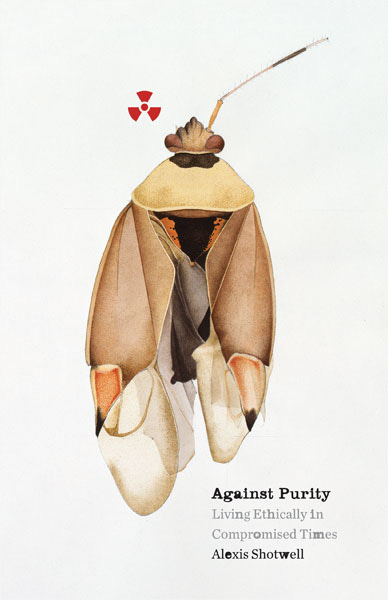- Polysemy
- Posts
- Cancel culture and (im)purity ethics
Cancel culture and (im)purity ethics
Part one of a series of thoughts around purity and community activism
(Feel like you’ve read this before? I’m transferring my posts from my now-defunct Substack.)
Not long ago, cancel culture rose quickly in our public consciousness, fuelling the furious clicking of many a keyboard rant. We have accepted that it is a thing and turned it into a much feared state of existence: being cancelled. We all know (or think we know) people who have met that fate.
Today, my point is not to dismantle this idea, but to look at it from a different angle. I am curious to explore how the idea of ‘cancelling’ a person can contribute to the social and psychological damage of purity ethics in politics and activism, and whether there is any other, better way to approach these very real problems from a community-focused viewpoint.
Before I start: I want to make it clear that I am not making any judgments. I am exploring ideas from some fascinating books and articles, and tying them to conversations that have made me uneasy in the past for reasons I have found difficult to express. I would love to be in respectful conversation with you about this if you have a different opinion.

The first book that opened my eyes to this idea was Against Purity: Living Ethically in Compromised Times by Alexis Shotwell. With its striking cover and intriguing title, I read it in a few short days and would not shut up about it along the way. It gives voice to many half-concerns that I struggled to formulate, and I have not stopped mulling it over since.
We live in a world filled with impurity. The word itself feels negative, but why? Is a garden considered pure when there are no pesticides? No weeds? Is a pure green lawn pure? Why is that preferable to a meadow full of insects and weeds and chaos?
What if that meadow has heavy metal deposits from a nearby factory? What if there is an invasive plant species strangling its neighbours?
My (and Alexis Shotwell’s) point: we already live in an impure world, and pretending we can make it perfect is killing us. To continue to exist, we must carry this reality with us, and inside us.
Not a single person that you admire and respect is free of errors in their life. It is not possible. Sometimes, the mistakes they make are the result of what you may consider an inherent character flaw: dishonesty, emotional volatility, or something worse (an exploration of virtue ethics might be interesting to you, if you agree). Yet it may also be helpful to assume that trauma creates an unsteady foundation for many trying to live a good life. We try to build better footing for ourselves, but even that practice takes time and money that many people in survival mode do not have. This does not excuse dangerous or harmful behaviour, of course, but it can give us the grace to see more than the narrow scene we pretend is the entire picture, and react accordingly.
It is a thin and flimsy view of life which ignores the reality of impurity, whether in the world around us or in the minds of those we love. Looking at those things as they are, instead of how we are told they should be, could help us overcome the cycles of destructive behaviour we find ourselves in. If we can find beauty and meaning from an unruly meadow even as we avoid the poisonous plants, perhaps we can better navigate our own unruly cultures.
Alexis Shotwell comes up with some ideas to continue this conversation in an ethical way, and I encourage you to read her book to learn more about that. In the meantime, it seems essential that we learn to live with impurity and imperfection. Leftists above all struggle with this, and it is only through recognising this that we can begin to work together, even (especially) when we do not agree on everything.
If you, like me, are white, then this is an even bigger issue. We are brought up to believe implicitly that our existence is the default, the pure version of life and culture, and we must deconstruct this view to be in community with anyone else. It is a difficult but worthy path, and accepting our impurities makes us better people.
Let us please, please learn and build together from all our different angles and social locations, warts and all, and do it with grace.
This is not an easy conversation to have. It encourages us to understand our own foibles and to forgive those we see in others. None of that is easy, but it gives me hope that we can build a world that welcomes us all.
Thank you to my lovely friend @yallahbyyyyyee for an excellent job making this article readable.
Is this something that intrigues you? I suggest exploring these resources: